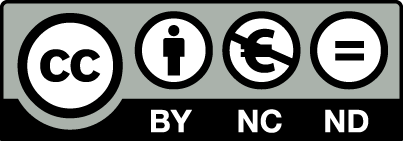Central European Management Journal
Inequality in Economics: The Concept, Perception, Types, and Driving Forces
Cracow University of Economics
Abstrakt
Purpose: The aim of the paper is to overview the research on inequalities in economics. The paper is based on mainstream and heterodox economic theories and approaches addressing inequality and its economic interdependence.
Methodology: Due to its positive and normative nature, inequality is a complex concept that eludes precise definition. The available application of mainstream and heterodox approach to study inequality and its economic interdependence allows for the identification of various components of inequality. Classifications that fall within the mainstream economics especially reveal less numerous and often even different types of inequalities compared to heterodox approaches. Moreover, what determines within-country inequality is the number of driving forces related to the factual and regulatory sphere of an economy.
Findings: This study does not exhaust the general debate over inequality in economics. The question remains about the state of research dedicated to the outcomes of inequality, for instance, perceived in its dynamic and historical perspective. Moreover, there emerges a need to overview the theoretical and empirical research dedicated to inequality in terms of not only its driving forces but also economic outcomes.





